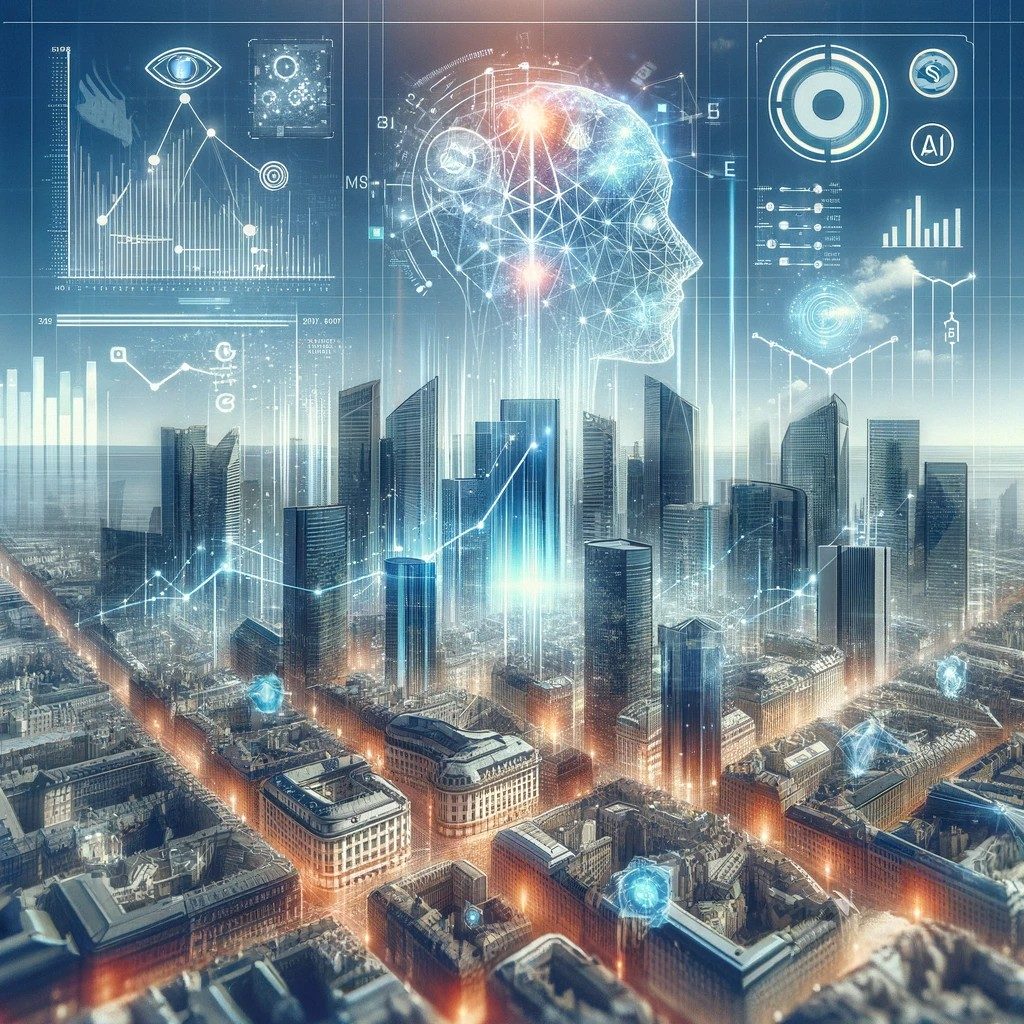As the Chair of Morality and Knowledge in Artificial Intelligence (MKAI), I am keenly aware of the transformative potential of Artificial Intelligence (AI) in the realm of Further Education (FE), particularly in vocational learning environments. While AI’s impact is not limited to traditional classrooms, its integration into diverse settings such as construction sites, automotive workshops, and culinary kitchens necessitates a sophisticated approach, one that balances technological innovation with ethical considerations and the indispensable human touch in teaching.
Incorporating AI in vocational training: Personalized learning
Vocational training places a strong emphasis on practical skills, and this is where AI shines. AI has the capability to personalize learning experiences, adapting to individual skill levels and offering real-time feedback in settings as diverse as beauty salons or culinary classes. Imagine a scenario where a culinary student receives instant feedback on their chopping technique or a construction apprentice gets precise guidance on a complex task from an AI-driven system. However, this integration must be approached with care, giving paramount importance to issues such as data privacy and algorithmic bias. These ethical challenges demand a nuanced approach to ensure AI is used responsibly and effectively.
A human-centric approach in AI integration: The role of educators
At the heart of the technological integration of AI lies the reaffirmation of the irreplaceable value of human instructors. While AI can provide valuable insights and enhance the learning process, it cannot replace the expertise, judgment, and nuanced understanding that educators bring to the table. The future of vocational education envisions a harmonious blend of AI and human-led teaching, with educators interpreting and contextualizing AI-generated data to enhance the learning experience. In this symbiotic relationship, AI becomes a valuable tool that empowers educators to better cater to their students’ needs.
Preparing educators for the AI-enhanced future
Preparing educators for this AI-enhanced future is paramount. This preparation extends beyond equipping them with the technical skills to utilize AI; it involves fostering an environment of critical engagement with technology. As educators navigate this landscape, they must critically assess the role of AI in their teaching, aligning it with educational goals and ethical standards. This includes staying informed about the latest developments in AI and its applications in vocational training, as well as actively participating in discussions on how to leverage AI responsibly.
Insights from an FE leader: Balancing Possibilities and ethics
In a recent podcast episode titled “AI, Leadership, and the Future of Further Education,” I had the privilege of discussing these themes with Kurt Hintz, Executive Principal at Capital City College Group. Kurt shared his vision for the role of AI in vocational education, emphasizing the importance of a balanced approach that places equal weight on technological possibilities and ethical considerations. His insights provided a valuable perspective on how AI can support, rather than drive, the vocational learning process. You can listen to our enlightening conversation in the episode titled ‘AI and The Classroom of Tomorrow.’
Envisioning the vocational classroom of tomorrow
Looking ahead, we envision the vocational classroom of tomorrow as a collaborative space where AI serves as a valuable tool in the educational process. Here, technology and human expertise combine to create an innovative and ethically sound learning environment. This future classroom is a testament to the evolving role of educators, who embrace AI as a tool for enhancing vocational training while upholding ethical and pedagogical integrity.
The integration of AI into vocational education represents an exciting frontier with immense potential. However, it is essential that this integration is guided by a deep sense of responsibility and ethics, and that educators continue to play a central role in shaping the future of vocational learning. The collaboration between technology and pedagogy holds the promise of revolutionizing vocational education, empowering learners to excel in their chosen fields while maintaining the core values of education.





